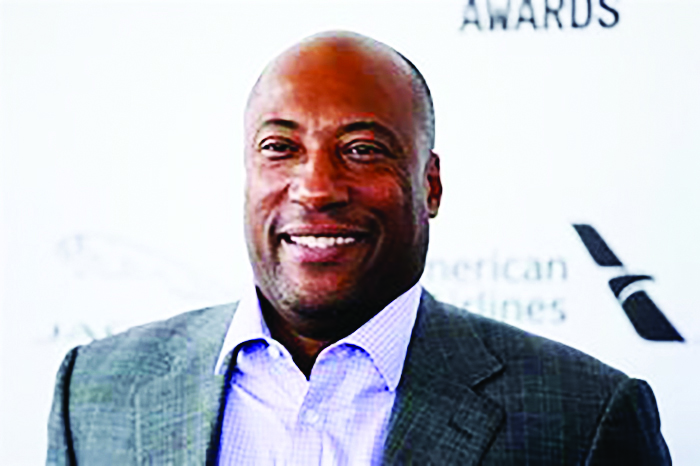
Supreme Court Rules Unanimously Against Byron Allen’s Lawsuit Versus Comcast

By Makheru Bradley

SCOTUS conservatives and moderates agree with Comcast that Byron Allen has to prove that race was the sole factor not just a “motivating factor” when they decided not to carry Allen's cable channels.
Many people in the civil rights community feared that the conservative majority on the US Supreme Court would rule in favor of Comcast versus Bryon Allen’s $20 billion racial discrimination lawsuit. They were surprised that the moderates on the Court agreed unanimously when the ruling was handed down on March 23.
The ruling sends the case back to the Court of Appeals for the Ninth Circuit, saying Allen needs to meet a higher standard of racial bias for the lawsuit to move forward in federal court. Attorneys for Comcast argued that Allen needed to prove that race was the sole factor in Comcast’s decision to not carry some cable channels owned by Allen’s Entertainment Studios. Allen’s attorney argued that he only needed to demonstrate that race was a “motivating factor” for Comcast’s refusal, for the case to proceed.
Allen based his racial discrimination lawsuit on a section of the Civil Rights Act of 1866 which holds that Afrikan Americans must have the same right to contracts as whites. Allen’s lawyer Erwin Chemerinsky had acknowledged that he would eventually have to show that race was the sole cause for Comcast’s rejection of Allen. However, Chemerinsky argued “that it would be an ‘insurmountable burden’ to meet if plaintiffs have to prove that at the outset of the case, as they would not have the benefit of conducting depositions and discovery.”
Justice Neil Gorsuch delivered the opinion for the Supreme Court: “Here, a plaintiff bears the burden of showing that race was a but-for cause of its injury. And, while the materials the plaintiff can rely on to show causation may change as a lawsuit progresses from filing to judgment, the burden itself remains constant.”
Byron Allen responded to the decision saying. “Unfortunately, the Supreme Court has rendered a ruling that is harmful to the civil rights of millions of Americans. This is a very bad day for our country. We will continue our fight by going to Congress and the presidential candidates to revise the statute to overcome this decision by the United States Supreme Court, which significantly diminishes our civil rights.”
Kristen Clarke, president and executive director of the Lawyers’ Committee for Civil Rights Under Law, expressed the larger concerns of civil rights groups: “This ruling weakens our nation’s oldest civil rights statute and may shut the courthouse door on some discrimination victims who, at the complaint stage, may simply be without the full range of evidence needed to meet the court’s tougher standard.” In other words, it will be more difficult for common citizens to prove racial discrimination. That was the concern many people had when Byron Allen decided to use the 1966 Civil Rights Act for his defense. We’ll see what happens when the case moves forward.
For more from the author, follow his blog Makheru Speaks.

